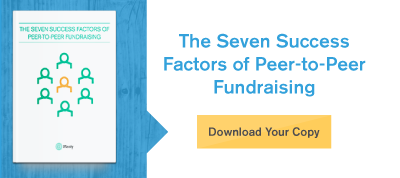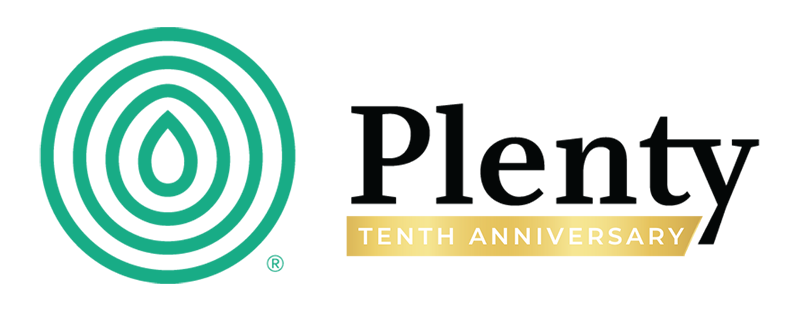An Epidemic: Are We Silencing Idealism?
Recently, we’ve been talking a lot about innovation here at Plenty. We are committed to weaving innovative thinking throughout our work, which is exciting. There’s no doubt that it will open doors to learning opportunities and growth, but it can also be scary and challenging because inherent in innovation, is change.
Change is intimidating. Even further, change makers – people suggesting, pushing for, and fighting for change – can be even scarier.
In the social good world, change makers often come in the form of new staff members, new board members, or new volunteers. These people are not tied to tradition and bring a fresh, passionate perspective, which every organization needs. They lack the familiarity, safety, and nostalgia attached to ‘the way we’ve always done it.’ We like to think of these envelope pushing, ground breaking, and deeply empathetic people as idealists.
Idealists are committed to doing good and doing it well. They’re values-driven and intentional. And if a better world is at stake, they’re ready to do things the hard way. They’re not afraid of the work it will take to revamp that stale Gala if it means engaging donors in a more meaningful way, and they’re not afraid of the risk that comes with reforming your programs if it means your impact will be more inclusive.
I’ll level with you: change takes resources, time, and energy from you and your team. Alignment is key, but by no means is it simple. Although intimidating, allowing the change makers in your group the opportunity to run with their ideas has a huge pay off in terms of both fundraising and impact. Here are a few things you can do to give your change makers the freedom and support to have a voice in your organization and help you warm up to constant innovation:
1. Listen. Take time to listen and discuss the different perspectives your team brings to the table. Understand what’s fueling their desire for change at your organization. For example, if you have a team member who is insistent on revising constituent-facing messaging, perhaps they identify closely with your constituent group and personally know how to best reach them. If you don’t make the time to listen and understand your change maker’s perspectives, passions, and experiences their potentially revolutionary ideas and insights may be interpreted as coming out of left field, or less valuable than they really are.
2. Create a culture where new ideas are encouraged. Listening to your team is a great place to start, but you should aspire to create an environment beyond just your personal discussions where ideas can be shared without fear of rejection or judgment. That doesn’t mean every idea that is expressed will be a winner, and that’s ok. The key is to be open and compassionate when explaining why certain ideas aren’t feasible. This will ensure that you are driving the best ideas forward while preserving your organization’s collaborative philosophy. Creating this culture not only allows your change makers to discuss ideas, consider alternative strategies, and strive for perfection, but it also creates a space that normalizes innovation, making it much less nerve-racking than it sometimes can be.
3. Welcome the challenge of doing good, well. Because change takes resources, time, and energy, it can be tempting to cut corners and take shortcuts in the process. Here’s an example: your whole team has agreed that a new fundraising event will help you reach new donors, but proper time wasn’t allocated to creating a comprehensive strategy or system to measure success. This will most likely result in the program performing worse than projected causing you and your team to view the idea as being bad, rather than a great idea that just wasn’t carried out well. Be mindful of the time and resources you are putting behind your projects. Make sure you are aware of what is required to do an initiative justice – patience, hard work, agility – and that you are committed to providing the nurturing and resources needed to make it successful.
Your change makers are idealists, which means they won’t stop fighting for change until your mission is fulfilled. Their drive cannot be replicated or fabricated. And although at times you may want to silence their opinions for the sake of saving time (or headaches) – don’t. They’re your biggest assets and your strongest fighters.
Idealists are leading the philanthropic sector into the Age of Passion. Join the movement and harness the characterstics that will separate successful nonprofits from those stuck in the past. Download our free e-book "Welcome to the Age of Passion" to learn more about the current evolution of philanthropy.
Share this
You May Also Like
These Related Stories
How To Acquire, Recruit, & Retain Fundraisers In A Peer-to-Peer World

The Unexpected Nonprofit Job Candidate You Need




Comments (3)